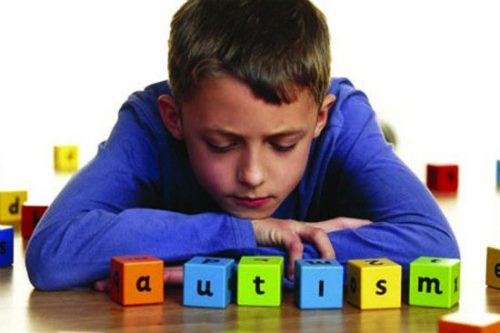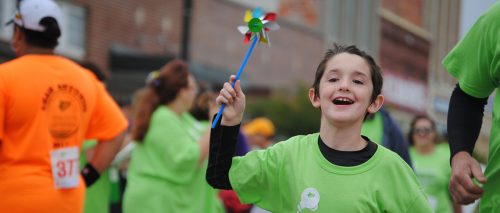
My vision started to get blurry. I was having a hard time processing what this guy in front of me was saying. My mind starts wandering, thinking about what would happen to my poor child now. I felt terribly helpless for my kid.
I always take note of what Ryan Parks, M.Ed, LPCC has to say, “Our society tells us that if you talk about your issues, express your feelings, or even verbalize you have a mental health disorder, you must be “weak.”.” This day seemed to be the longest day of my life as a parent. I was talking with my son’s doctor, and he began explaining this weird diagnosis that I found hard to digest. My son has this neurological disorder where his communication and socialization skills are impaired, which he describes in such a comfortable way by saying, my son is in a “different world of his own.”
A world he created for him to feel secure, his own way of slipping away from the noise in his surroundings. A place of solace for him when he isolates himself.
I Get Suspicious
“Now, it all explains it,” is all I can say to myself on my way home. I used to think that he was just a self-absorbed kid, but things started to become a bit different. He never wanted to be around kids his age. He’s afraid of even the slightest noise. There are times when he doesn’t want to be touched or cuddled especially by others. He becomes irritated and throws tantrums when things change, like the arrangement of his toys and stuff, clothes, and sometimes even food. And every time we would talk to him, he will not engage in eye contact. Then I realized Christina Devereaux Ph.D, BC-DMT statement, “The lack of social reciprocity from children with autism as well as their behavioral disturbances and language deficits, tends to make this disorder difficult and stressful for parents in a manner that is different from other developmental disorders.”
Breaking The Bad News
The ugliest words I’ve ever heard was, “Your son has autism.” How can that be? Why? What’s going to happen to him now? What will he be when he’s older? How is he going to protect and support himself when we’re no longer around?

My Consolation
Getting home, I hurriedly got my laptop and searched online what’s this autism spectrum disorder. I read almost every single topic about it. I contacted institutions and organizations that are helping children with autism.
My son managed to get to preschool and finished up to secondary school with the help of non-profit organizations that help people and families affected by the disorder. Through them, I was able to know more about my son’s diagnosis, had connections with others who are in a similar situation as I do. I got awareness where best to bring him, schools and other activities that can help bring out the best in him and explore his potentials so he may function well in society. “Being diagnosed with Autism does not have not to impact you negatively. People with Autism can live fulfilling and meaningful lives. It is about learning the tools and skills that can help lead to success.” A reminder from John Cutrone, LMHC, MCAP, CAS.
It’s a comfort knowing that there are people who are going through the same thing as I do and there is an abundance of help and empathy. They know and understand what not to say to individuals with autism disorder. I never felt alone in this journey, and together, we were able to supply our kids’ needs, see and help them reach their full potentials, and make their lives a little happier.
My Confidence In My Son Overcame My Fears
My fears about my son’s future were not at all gone, especially when I think about what would happen if I’m no longer by his side. However, I’m more confident now than the first day the news came to me. It’s a relief that he is now learning office skills and is also physically healthy. I’m at the present more excited for him as he learns to live on his own, get employed, and all the transitions that will come his way.
Abandonment, denial, and hiding them, keeping them in their rooms, is not the answer to the questions that we repeatedly ask ourselves.
We, families of children with autism and the organizations helping us, believe in one thing – that individuals with autism also have RIGHTS.
They have the right to live a normal life, the right to get educated, to be employed, to be loved, to be accepted, and to be allowed to participate and contribute to society.